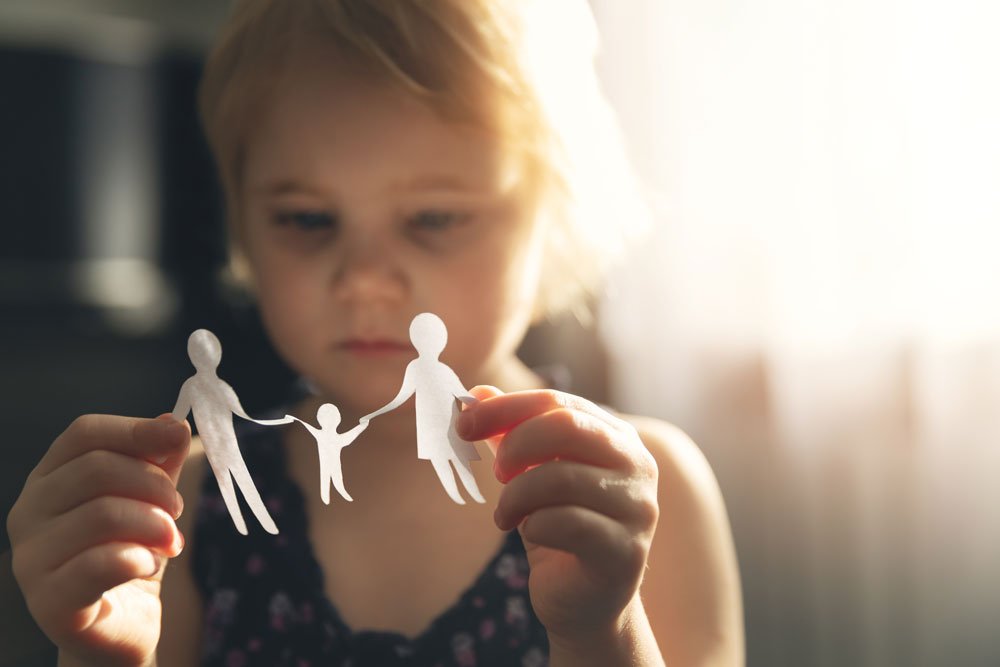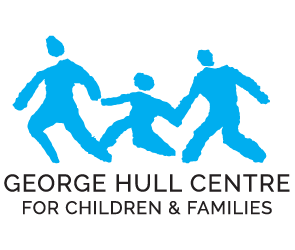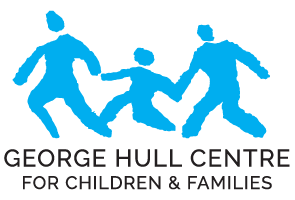Contact Us 416-622-8833
About Children’s Mental Health
What is Mental Health?
Mental health is a part of your overall health.
It’s about:
- how you feel, think, and behave;
- how you cope with the ups and downs of everyday life;
- how you feel about yourself and your life;
- how you see yourself and your future;
- how stress affects you;
- how you deal with negative things that happen in your life;
- your self-esteem or confidence
(Reference Children’s Mental Health Ontario)
How common are mental health problems among children and youth? One out of every five children and youth in Canada (20%) has a diagnosable mental health condition.
Examples include attention deficit hyperactivity disorder (ADHD), anxiety, depression, substance abuse, and eating disorders. Many more children have milder, but significant emotional and behavioural problems.
Unfortunately, too many children and youth don’t get help soon enough. Mental health disorders can prevent children and youth from succeeding in school, from making friends or becoming independent from their parents. Children and youth with mental health disorders may have trouble reaching their developmental milestones.
The good news is that mental health disorders are treatable. There are many different approaches to helping children and youth struggling with emotional or mental health problems. Getting help early is critically important. It can prevent problems from becoming more serious, and can lessen the impact they have on your child’s development.
How can you tell if a child or youth is struggling with their mental health?
Some feelings and behaviours are a normal part of growing up. However, the invisibility of some mental health disorders makes them easy to overlook, unlike a heart problem or a broken leg. It’s often difficult to identify, for example, whether a child is simply sad or suicidal.
The way a child or youth acts or behaves may be a sign that he or she has a mental health need. Ask yourself if the child’s behaviour is unusually intense; whether he or she has been acting like this for a while; whether the behaviour is age appropriate; and if the child’s behaviour is having a negative impact on the family or school. Also look for:
One out of every five children and youth in Canada (20%) has a diagnosable mental health condition.
Examples include attention deficit hyperactivity disorder (ADHD), anxiety, depression, substance abuse, and eating disorders. Many more children have milder, but significant emotional and behavioural problems.
Unfortunately, too many children and youth don’t get help soon enough. Mental health disorders can prevent children and youth from succeeding in school, from making friends or becoming independent from their parents. Children and youth with mental health disorders may have trouble reaching their developmental milestones.
The good news is that mental health disorders are treatable. There are many different approaches to helping children and youth struggling with emotional or mental health problems. Getting help early is critically important. It can prevent problems from becoming more serious, and can lessen the impact they have on your child’s development.
How can you tell if a child or youth is struggling with their mental health?
Some feelings and behaviours are a normal part of growing up. However, the invisibility of some mental health disorders makes them easy to overlook, unlike a heart problem or a broken leg. It’s often difficult to identify, for example, whether a child is simply sad or suicidal.
The way a child or youth acts or behaves may be a sign that he or she has a mental health need. Ask yourself if the child’s behaviour is unusually intense; whether he or she has been acting like this for a while; whether the behaviour is age appropriate; and if the child’s behaviour is having a negative impact on the family or school. Also look for: Changes in thinking
- Saying negative things about himself, or blaming himself for things beyond his control.
- Trouble concentrating.
- Frequent negative thoughts.
- Changes in marks or school performance.
Changes in feelings
- Reactions or feelings that seem bigger than the situation warrants.
- Seeming frequently unhappy, worried, guilty, fearful, irritable, sad, or angry.
- Feeling helpless, hopeless, lonely or rejected.
- Frequent mood swings.
- Suicidal ideation or comments.
Changes in behaviour
- Wanting to be alone often, including avoidance of family or friends.
- Crying easily.
- Showing less interest in or withdrawing from sports, games or other activities that they normally enjoy.
- Over-reacting, or sudden outbursts of anger or tears that seem out of proportion.
- Seeming quieter than usual, less energetic.
- Reduced motivation.
- Trouble relaxing or sleeping.
- Spending a lot of time daydreaming.
- Return to less mature behaviours.
- Trouble getting along with peers, including bullying others or being bullied.
- Acting out or rebelling against authority.
- Drinking a lot and/or drug use.
- Damaging other people’s property.
- Increased risk-taking behaviour.
- Self-harm.
Physical changes
- Headaches, stomach aches, neck pain, or general aches and pains.
- Lacking energy, or feeling tired all the time.
- Sleeping or eating problems.
- Too much energy, or nervous habits such as nail biting, hair twisting or skin picking.
- No longer taking care of their appearance or hygiene.
- Obsession with weight.
If your child or teen talks about suicide or harming himself, call your doctor or local mental health crisis line right away.
What are the most common mental health problems affecting children and youth?
Although mental health problems among children and youth are vast and complicated, the following are the most common:
- Anxiety Disorder
- Depression and other mood disorders
- Attention Deficit Hyperactivity Disorder (ADHD)
- Eating Disorders
- Schizophrenia
Can mental health problems be recognized and treated?
Yes! Research has proven that early intervention is critical to providing a hopeful and healthy future for kids struggling with their mental health. The onset of most mental illnesses occurs before the age of 18. Left untreated, these kids may suffer needlessly and become a stress on their families, schools, peers, and the community. It is important to take the signs seriously and seek help quickly.
How can I nurture my child’s mental health?
As a parent, you play an important role in your children’s mental health:
- You can promote good mental health by the things you say and do, and through the environment you create at home.
- You can also learn about the early signs of mental health problems and know where to go for help.
Help children build strong, caring relationships:
- It’s important for children and youth to have strong relationships with family and friends. Spend some time together each night around the dinner table.
- A significant person who is consistently present in a child’s life plays a crucial role in helping him develop resilience. This person—often a parent or other family member—is someone your child spends a lot of time with and knows he can turn to when he needs help.
- Show your children how to solve problems that arise.
Help children and youth develop self-esteem, so that they feel good about themselves:
- Show plenty of unconditional love and acceptance.
- Praise their efforts to do well and recognize their positive qualities, behaviours, and achievements.
- Ask questions about their activities and interests.
- Help them set realistic goals and help them cope with disappointment by showing empathy and encouragement.
Listen, and respect their feelings:
- It’s OK for children and youth to feel sad or angry. Encourage them to talk about how they feel.
- Keep communication and conversation flowing by asking questions and listening to your kids. Mealtime or driving in the car can be a good time for talking.
- Help your child find someone to talk to if they don’t feel comfortable talking to you.
Create a safe, positive home environment:
- Be aware of your child or youth’s media use, both the content and the amount of time spent. This includes TV, movies, Internet, gaming devices (whether hand-held, or played through a computer or TV) and social media. Be aware of who they might be interacting with in social media platforms and online games.
- Be careful about discussing serious family issues—such as finances, marital problems, or illness—around your children. Children can worry about these things.
- Provide time for physical activity, play, and family activities.
- Be a role model by taking care of your own mental health: Talk about your feelings. Make time for things you enjoy.
In difficult situations, help children and youth solve problems:
- Teach your children how to relax when they feel upset. This could be deep breathing, doing something calming (such as a quiet activity they enjoy), taking some time alone, or going for a walk.
- Talk about possible solutions or ideas to improve a situation and how to make it happen. Try not to take over – help your child develop in the skills necessary to solve problems such as learning to self advocate, communicate, develop a plan, etc.
(Reference Canadian Paediatric Society 2019)

